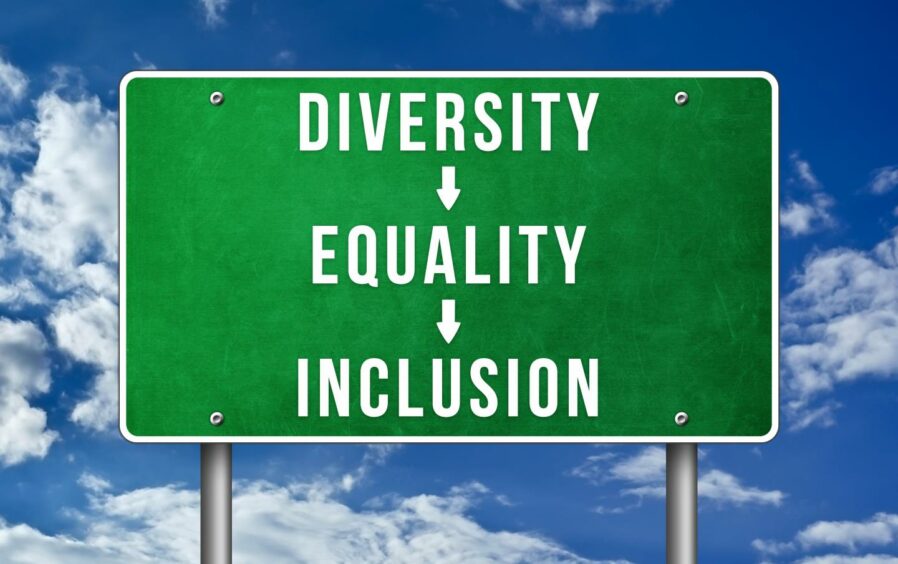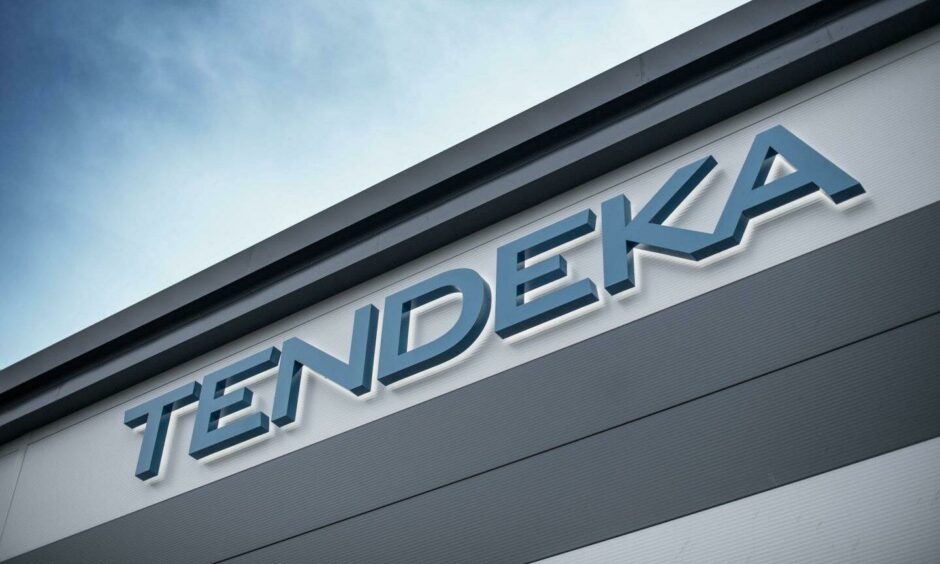
Diversity and inclusion (D&I) has been on the agenda for many years now with legal obligations to protect individuals with certain characteristics since the 1960s.
What has now become more widely recognised are the benefits to be gained by embracing diversity and the range of ideas and experiences that can be learned from it.
As defined by the CIPD, diversity is about recognising difference, and inclusion is where people’s differences are valued and used to enable everyone to thrive at work – “An inclusive working environment is one in which everyone feels that they belong without having to conform”.
Creating a diverse and inclusive workforce allows employers to better represent the markets in which they do business, opens a wider candidate pool to fill skills gaps and has the potential to drive innovation and performance improvements.
With businesses now facing particularly disruptive people challenges post-pandemic, with terms such as ‘the great resignation’ and the ‘war on talent’, it is more important than ever to deliver meaningful D&I initiatives. They can be crucial as both retention and recruitment tools.
D&I is relevant in all aspects of the employment lifecycle. It’s how companies attract new employees, how they are onboarded and what measures are in place to ensure everyone feels included and connect with the business. It’s giving employees a voice, allowing them to share ideas and to know they’ve been heard. It’s also enabling employees to all have equal opportunity for their development and progression.
At Tendeka, our employees and line managers are required to complete mandatory equality and diversity training upon joining and at regular intervals thereafter to ensure this message remains fresh throughout their employment. Our managers have recently attended a series of online workshops focusing on how we look after our people, with more content being prepared to continue this theme over the coming year.

Employee representatives from across the business are brought together to run our “Employee Charter”. The charter’s mission is to focus on employee engagement as well as empowerment. It gives employees the forum to explore suggestions for improvements and present them to the management team for inclusion in the overall company strategy and/or day to day aspects of the company.
Flexible working is another element of inclusion we know can bring many benefits to a company. We know one-size-does-not-fit-all when it comes to flexible working, therefore we have a suite of policies to cover a range of aspects, with initiatives such as flexible working hours, part time working, career break and family leave. Working in a global organisation, we appreciate flexibility works both ways and we feel this approach allows employees flexibility with their individual needs whilst responding to the needs of the company.
It’s important to all at Tendeka that we create a working environment where our employees feel connected throughout the company and therefore any company initiatives are tailored to our global, multi-national workforce.
Tendeka has recently become the official partner of AFC Women as part of our commitment to D&I. Nearly 40% of our management team are female, for example, and we believe the quality of discussions and alternative thoughts are greatly enhanced with this gender balance, and as a result makes a significant contribution to the success of our strategies.
Recommended for you
